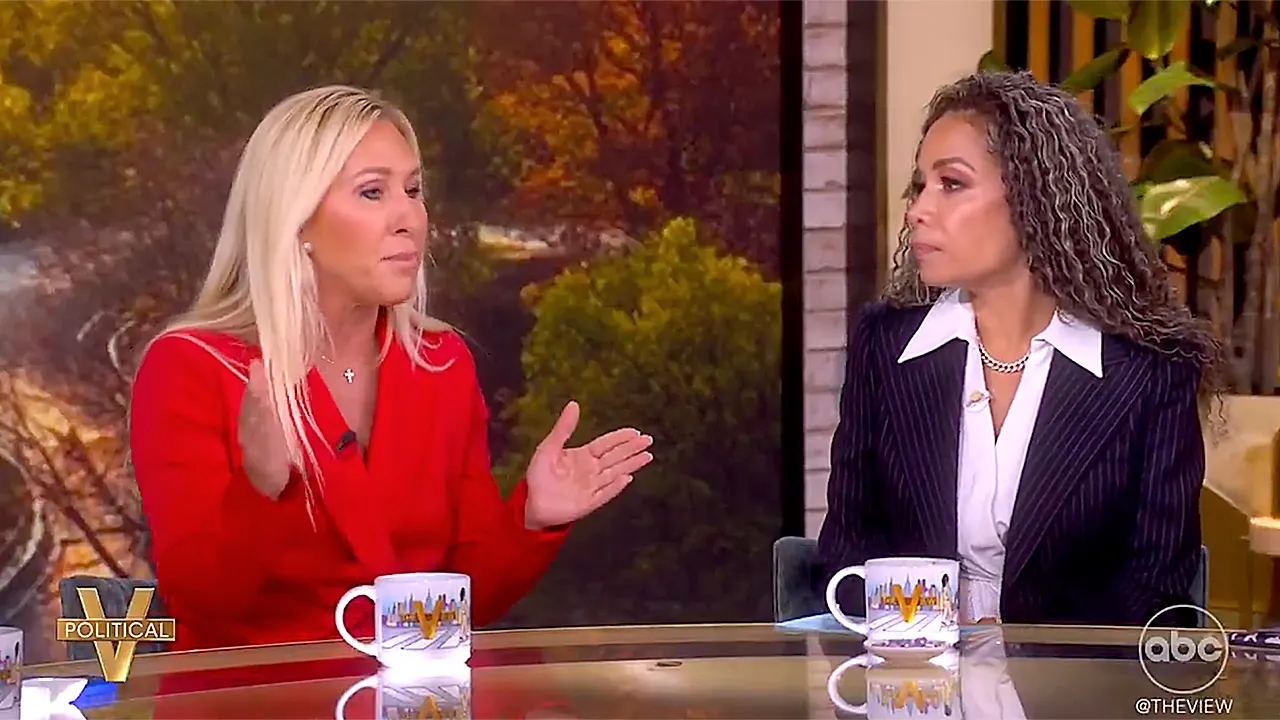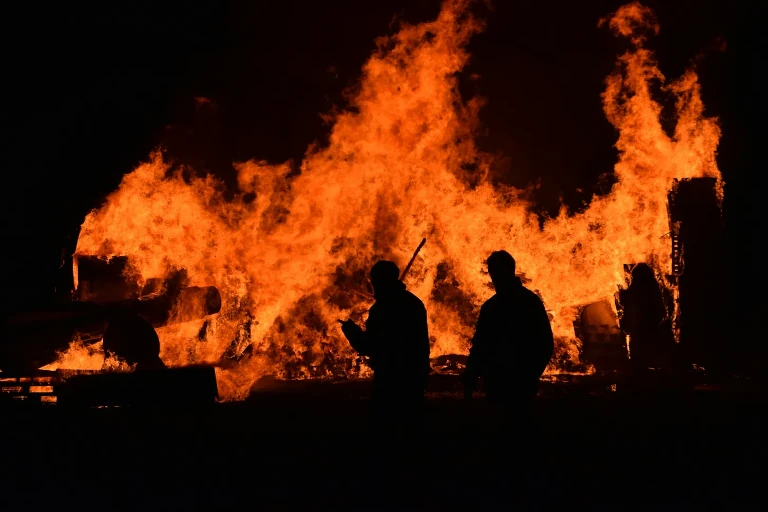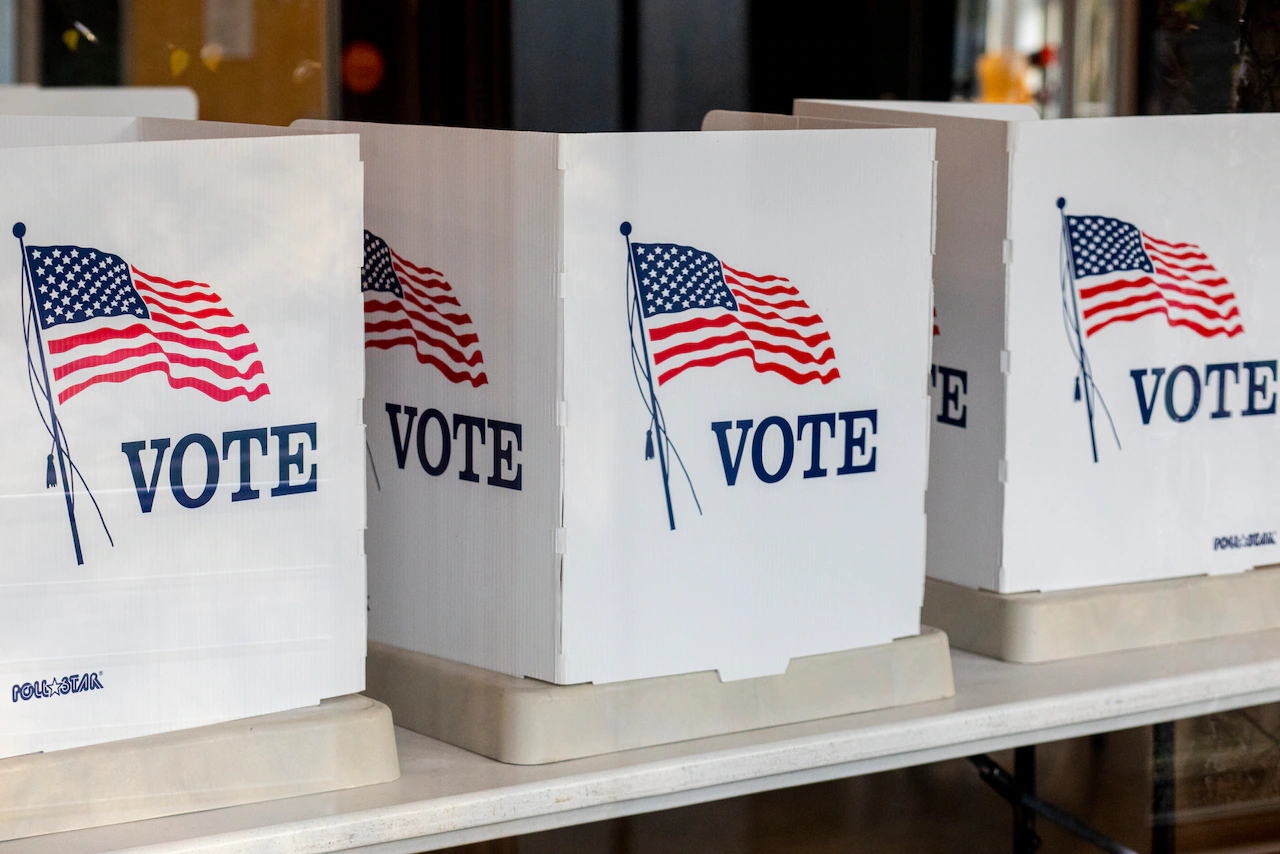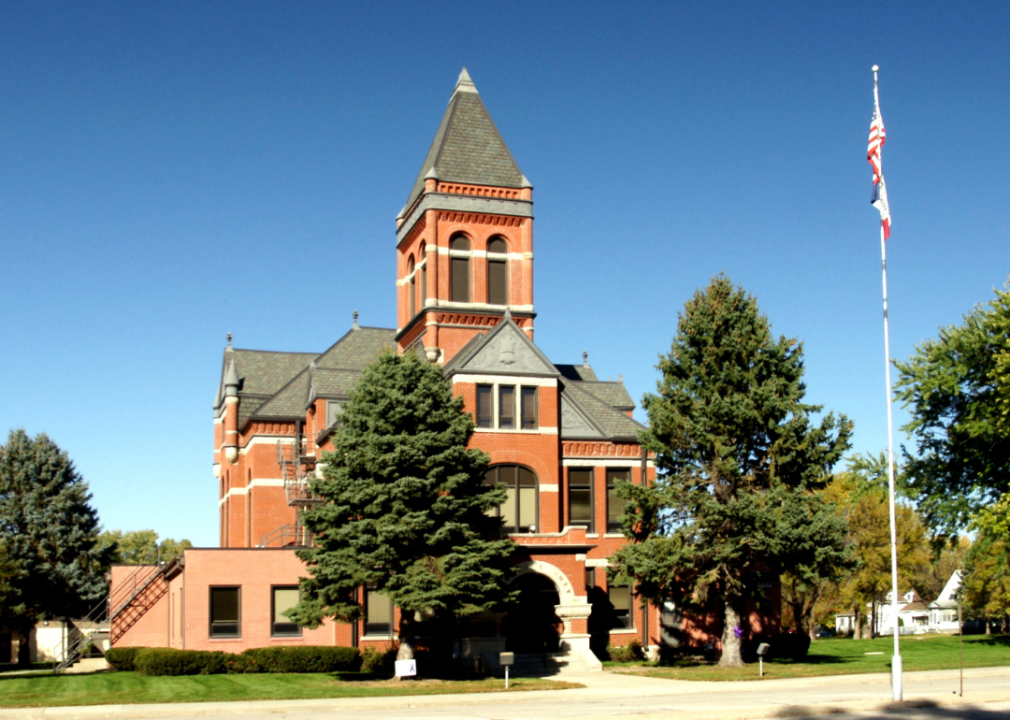Copyright news18
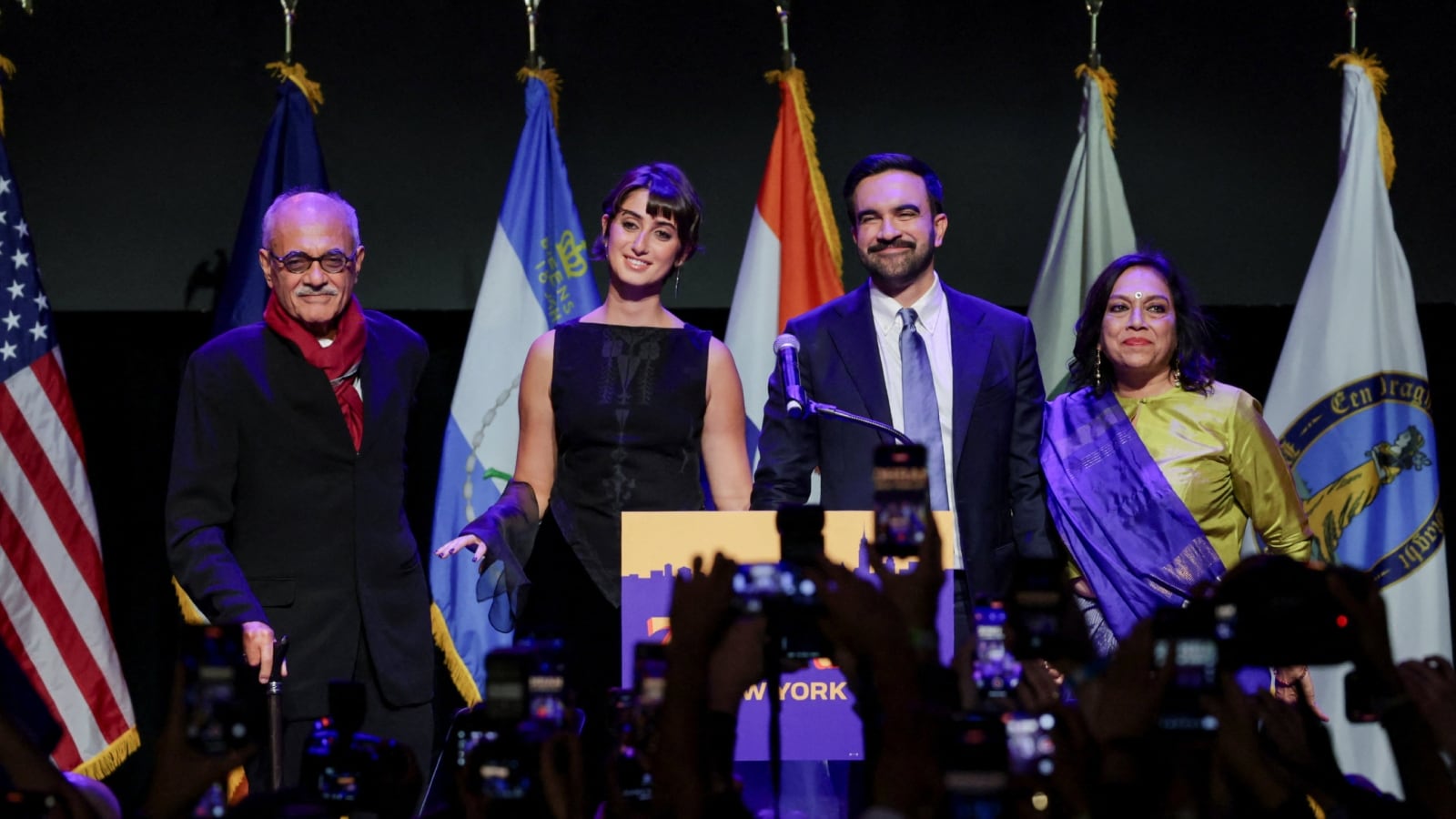
Zohran Mamdani was elected Mayor of New York City on November 4, 2025. At 34, he becomes New York’s youngest mayor in over a century and its first Muslim and Indian American mayor, representing a new, more diverse face for the Democratic Party. In his post-election victory speech, Mamdani quoted Pandit Jawaharlal Nehru and said, “A moment comes but rarely in history when we step out from the old to the new, when an age ends and when the soul of a nation long suppressed finds utterance. Tonight, New York has done just that.” The position of the Mayor of New York City is considered extremely important. New York City is a global hub with immense significance in finance, culture, media, and international diplomacy. It is the most populous city in the United States and a key player on the world stage. It is often referred to as the financial capital of the world and is also home to the headquarters of the United Nations. Previous mayors of New York have included such powerful names as Michael Bloomberg and Rudy Giuliani. Therefore, Zohran Mamdani’s election as the Mayor of New York City is a significant domestic U.S. political event with notable symbolic and potential indirect implications for India, primarily related to the Indian American diaspora and political discourse. Mamdani’s victory in the New York City mayoral election was driven by a combination of a progressive platform, an effective grassroots campaign, and the weakness of his main opponent, Andrew Cuomo. Mamdani built his platform around issues like housing, public transit, and international justice. His political views, including his pro-Palestine and anti-Israel statements, have led to sharp reactions from political opponents. President Trump has called him a “communist lunatic”. Among the key reasons for his win was his focus on affordability. Mamdani made the high cost of living in NYC the central message of his campaign, pledging policies like a rent freeze on stabilised apartments, free childcare, expanded public transportation (fare-free buses), and higher taxes on the wealthy. This platform strongly resonated with a broad coalition of working-class immigrants, young people, and middle-class residents who were struggling with expenses. Another important factor was that he built a diverse base of support across various communities (including Black and Latino neighbourhoods where he previously struggled in the primary), energised by an army of nearly 100,000 volunteers who knocked on doors and engaged in numerous conversations. This extensive grassroots effort was seen as an “unstoppable force” that bypassed traditional political machines. Yet another factor was the effective use of social media. Mamdani demonstrated an “exceptional mastery” of social media to communicate his message directly to voters—a strategy that appealed particularly to younger demographics and first-time voters. Mamdani’s victory is seen as a mandate for change and a rejection of establishment politics. His main opponent, former Governor Andrew Cuomo, ran as an independent after resigning as governor in 2021 amid sexual misconduct allegations and other controversies. Mamdani successfully framed Cuomo as a representative of the past establishment, which further bolstered his own image as a progressive outsider. Mamdani’s campaign generated significant enthusiasm, leading to record early voter turnout, particularly among young and first-time voters who were inspired by his bold promises and authenticity. For many in India and the Indian diaspora, the election of a person of Indian origin to lead America’s largest and one of its most influential cities is a source of pride and a sign of the community’s success and integration into American life. However, Mamdani comes across as a critic of India’s current BJP government led by Prime Minister Narendra Modi. This stance has drawn strong reactions and ire from some Hindu American groups, highlighting existing political and sectarian divides within the Indian American community itself. Critics of Mamdani suggest that his comments are politically motivated, intended to appeal to certain segments of the South Asian diaspora in his New York constituency who are opposed to the BJP. Mamdani’s hostile comments on Prime Minister Narendra Modi have generated a lot of controversy not only in India but also in the Indo-American community in the U.S. During a campaign event in May this year, Mamdani reportedly criticized PM Modi over the 2002 Gujarat riots. He also called PM Modi a war criminal, drawing parallels with Israeli PM Benjamin Netanyahu. These remarks have been met with sharp criticism from Indian leaders across party lines. Mamdani seems to forget that an investigation monitored by the Supreme Court of India into the 2002 Gujarat riots, which occurred when Modi was the state’s chief minister, officially absolved him of wrongdoing. Supporters argue that this judicial clearance invalidates any continued accusations. Congress leader Abhishek Singhvi posted on X: “When Zohran Mamdani opens his mouth, Pakistan’s PR team takes the day off.” It has also been widely reported in the Indian media that, in an August 2020 protest in Times Square, Zohran Mamdani joined demonstrators opposing the Ram Mandir construction. According to eyewitnesses and social media coverage, protestors were heard chanting anti-Hindu slogans and hurling abuses at Lord Ram. Jaspreet Singh, a Sikh human rights lawyer in the U.S., is quoted as saying that Mamdani had used his platform to amplify some of the worst anti-Hindu rhetoric imaginable. He also said that associating Hindus with fascism and using derogatory words against them is highly objectionable. New York Assembly member Jennifer Rajkumar also reportedly condemned Mamdani’s comments about Indian Prime Minister Narendra Modi and said that at a time when New Yorkers are struggling with real issues—rising crime, a housing crisis, and growing hate—we cannot afford to be distracted by extreme, divisive language about foreign leaders. Kangana Ranaut summed up the feeling of anxiety regarding Mamdani when she said that while his mother is the famous Indian filmmaker Mira Nair and his father is of Gujarati origin, “he sounds more Pakistani than Indian because he is ready to wipe out Hinduism.” New York City mayors have limited direct influence on diplomatic relations, which are managed at the federal level. However, his prominent position as mayor of a major global city gives him a visible platform to express his personal political views, which may include criticisms of the Indian government’s policies—potentially creating some minor diplomatic friction or commentary, but no substantive change in international relations. In short, the main effect for India is largely symbolic, affirming the rise of the diaspora, but also highlighting ideological differences within that community regarding Indian domestic politics. It is unlikely to have a direct impact on official bilateral relations. As Mayor of New York City, Mamdani will face significant challenges in several key areas. With Donald Trump as President, Mamdani is likely to face a hostile federal administration. Donald Trump has made numerous critical statements about Mamdani, repeatedly labelling him a “communist lunatic” or “socialist”. Trump has threatened to withhold federal funds from New York City if Mamdani won, which would severely impact the city’s budget and ability to provide services. Moreover, many of Mamdani’s key policy proposals, such as increasing taxes on the wealthy and corporations to fund his agenda, require approval from the New York State Legislature and Governor Kathy Hochul, who has previously expressed opposition to the tax increases he is seeking. Thus, navigating these relationships will be a major obstacle to his agenda. In conclusion, Zohran Mamdani’s victory represents a potential generational and ideological shift in American urban politics, highlighting widespread frustration with the status quo and a strong desire for an anti-establishment, policy-focused approach to governance. The election saw the largest voter turnout in a mayoral race in over 50 years, largely driven by young voters and “forgotten” working-class immigrant communities who were energised by Mamdani’s focus on cost-of-living issues and the city’s high inequality. His victory is seen as a potential template for other progressive candidates nationwide and has sparked a debate within the Democratic Party about its future direction and whether it should embrace more populist, left-leaning candidates. The writer is a retired Indian diplomat and had previously served as Consul General in New York. Views expressed in the above piece are personal and solely those of the author. They do not necessarily reflect News18’s views.
